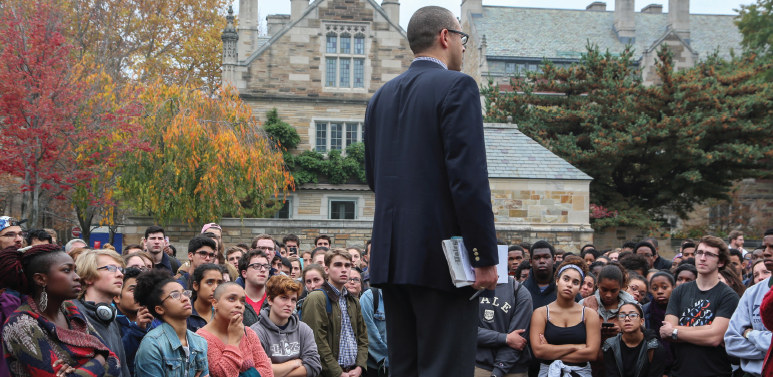The Color of Our Future: Race in the 21st Century
HarperCollins
1999
288 pages
6.125 (w) x 9.25 (h) x 0 (d)
Paperback ISBN: 780688175801
Farai Chideya

Two years ago, Newsweek named Farai Chideya to its “Century Club” of a hundred people to watch as we approached the year 2000. Beautiful, savvy, and wired for sound, she’s an ideal guide to the new, multiracial America that’s emerging as the next generation grows up and begins to shape our society. From coast to coast, from urban ‘hoods to Indian reservations to lily-white small towns, she talks to young men and women about their views on race, painting a vivid portrait of a notion in transition, as America ceases to be defined by the black/white divide and enters a more complex multiethnic era. Most of all, she allows the voices of the next generation — black, while, Latino, Asian, Native American, and multiracial — to ring out with truth and clarity.
Since the Civil Rights movement, most Americans have thought of race as a black and white issue. That won’t be the case for long. By the year 2050, there will be more nonwhite than white Americans, and most of the nonwhite population will be Asian and Latino, not black. Increasingly, America is becoming a multiracial society. Americans in their teens and twenties are at the forefront of this cultural revolution. In The Color of Our Future, young journalist Farai Chideya explores how members of the next generation deal with race in their own lives and how the decisions they make determine America’s ethnic future.
From urban hoods to Native American reservations to lily-white small towns, Chideya talks to young men and women about their personal views of race, painting a vivid portrait of a nation in transition. In clear, compelling language, she describes young people dealing with the complexities of diversity in their everyday lives. She writes of a young interracial couple pitted against their community in the South and of the white teens in Indiana, birthplace of the Klan, who get their black, hip-hop aesthetic from MTV. She interviews a Native American who wants to be the next Bill Gates, bringing computer access to his reservation in Montana, and a Mexican-American woman, working for the border patrol in El Paso, who catches the destitute Mexicans who flock into the United States to work for affluent white Texans. All these young people have clear, strong ideas about the impact of race on everything from education to pop culture. They are honest, sometimes brutally so, about their own prejudices. Their moving stories are the blueprint for the future of America. With a discerning ear and sharp insight, Chideya allows the voices of the next generation — black, white, Latino, Asian, Native American, and multiracial — to ring out with truth and clarity and guide us to the kaleidoscope of our future.





